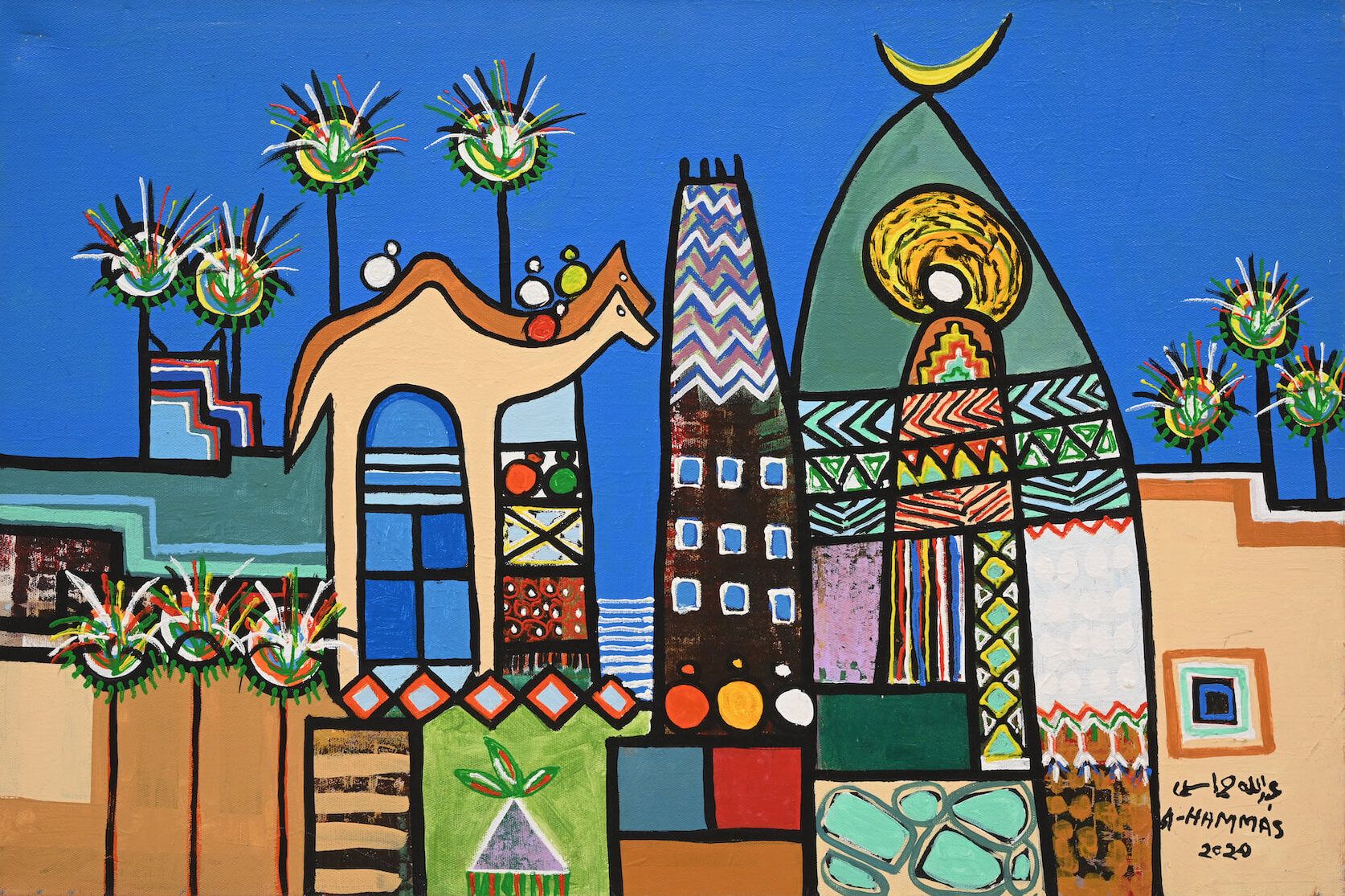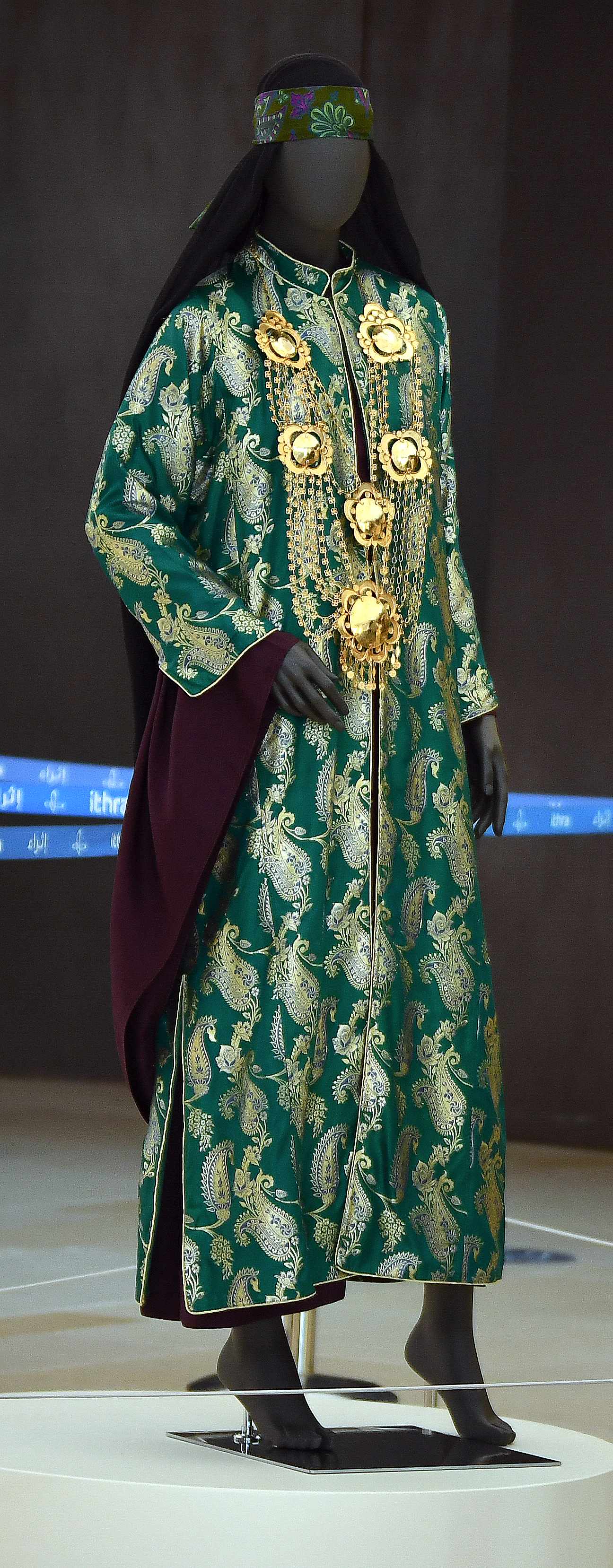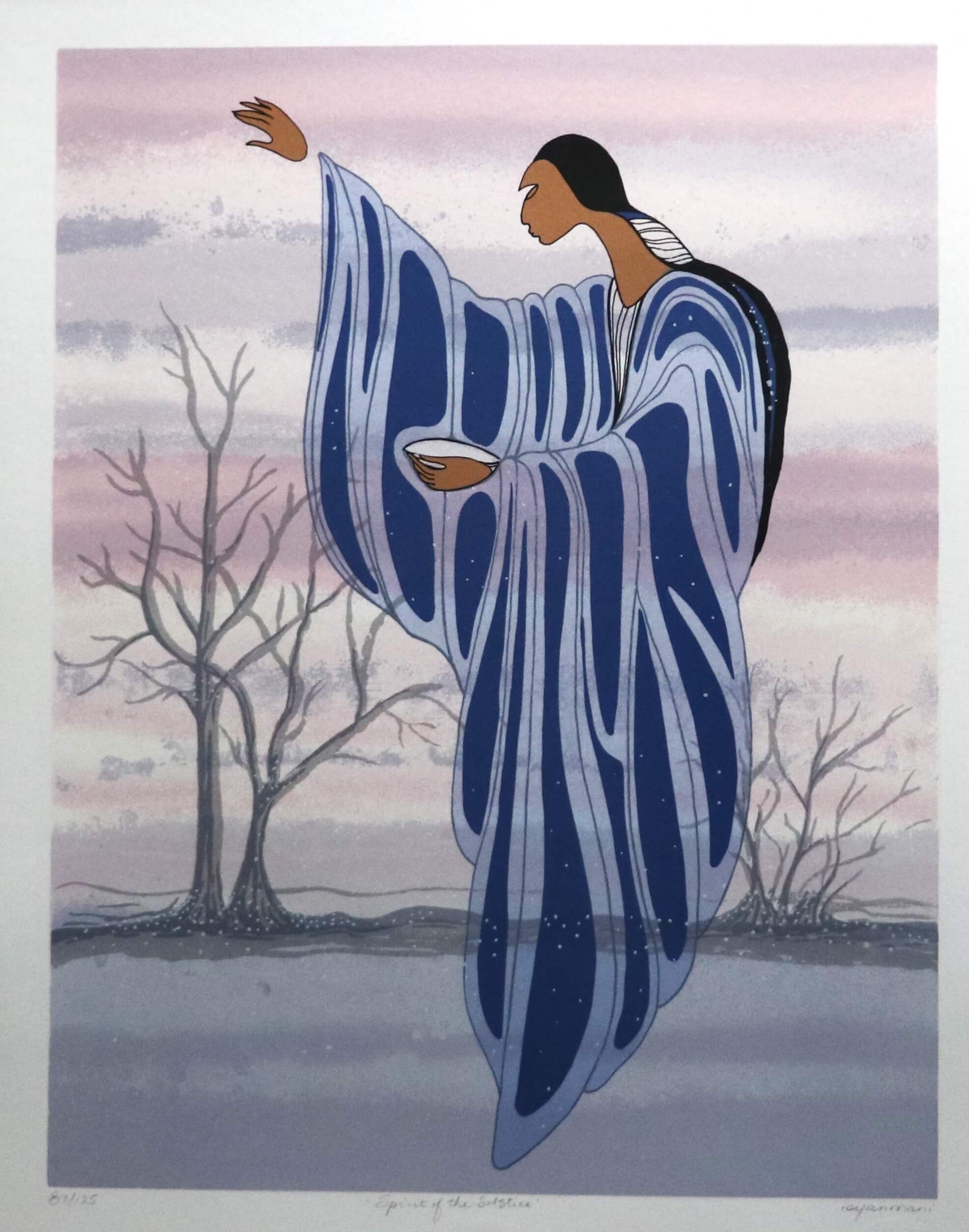A Camel that launched a War
An AI generated interpretive art via Midjourney and Ghada Al-Muhanna
Centuries ago, in the expanses of the Arabian desert, a conflict would spark and rage for four tumultuous decades (494-534 CE). Yet, The Basus War was not initiated by the clash of kings or by the fall of empires, but by the tragic demise of a single she-camel, Sarrab. This camel, treasured by Al Basus, was more than a mere beast of burden; she was a cherished companion, a source of pride, and a beacon of wealth in a land where such creatures were integral to the survival and status of a tribe.
When Sarrab wandered into the territory of the Taghlib tribe and was killed by Kulaib, the act was not seen merely as a loss of property, but as a severe breach of tribal honor. Al Basus, bereft and driven by sorrow, poured her anguish into verses that echoed the sentiments of a profound personal and tribal grievance. Her words, though born from a place of deep despair, became a clarion call that would resonate through the generations:
"By your life, in Munqith's abode, Sa'ad would not suffer,
Near my home, he'd live without trouble or buffer.
But here, in a land of strangers, I stand,
Where wolves prey on my flock, on my land.
Sa'ad, be not fooled, take leave and depart,
Amongst those who, to neighbors, have no heart.
Behold my camels, for I shall go,
Leaving them for my children, as I face my woe."
This lament was a catalyst, compelling Jassas of the Bakr tribe to seek retribution for his aunt's loss, which he found in the blood of Kulaib. The death of the camel, thus, became the harbinger of a relentless cycle of vengeance. It was not simply the loss of Sarrab that fueled the war, but the unwavering determination of the tribes to avenge the perceived injustices committed against them.
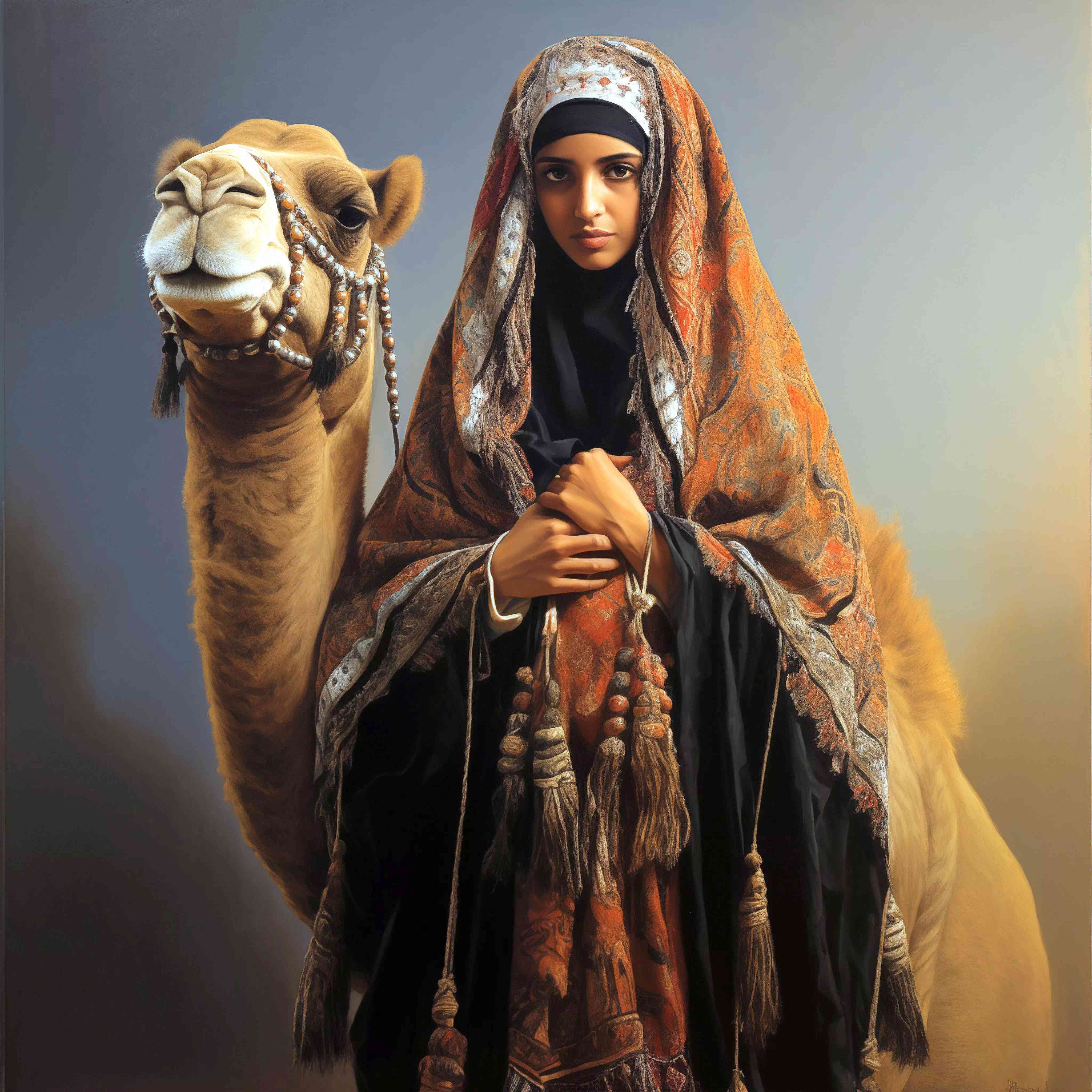
An AI generated interpretive art via Midjourney and Ghada Al-Muhanna
As the war raged on, the image of the she-camel Sarrab transformed within the collective memory of the tribes. It became an emblem of the precipitous nature of conflict; how a single life—be it human or animal—could become the fulcrum upon which the fate of many pivoted. Sarrab's death was recounted over and over, a narrative that served as a grim reminder of the cost of pride and the enduring pain of retribution.
Years turned into decades, and the feud, which had begun over the life of one camel, grew to encompass countless lives, irrevocably altering the course of history for the tribes involved. The Basus War stands as a testament to the powerful bonds between the Arabian people and their camels, and the great lengths they would go to avenge a wrong against what they held dear. It is a saga that has been woven into the cultural tapestry of the Arab World, a poignant illustration of the destructive consequences of vengeance and the tragic cycle of retaliation that can stem from a single act of violence.
In modern times, the tale of the Basus War and the she-camel Sarrab continues to resonate, its legacy a cautionary tale against the pursuit of vengeance and a reminder of the value of reconciliation and peace over conflict and retribution.
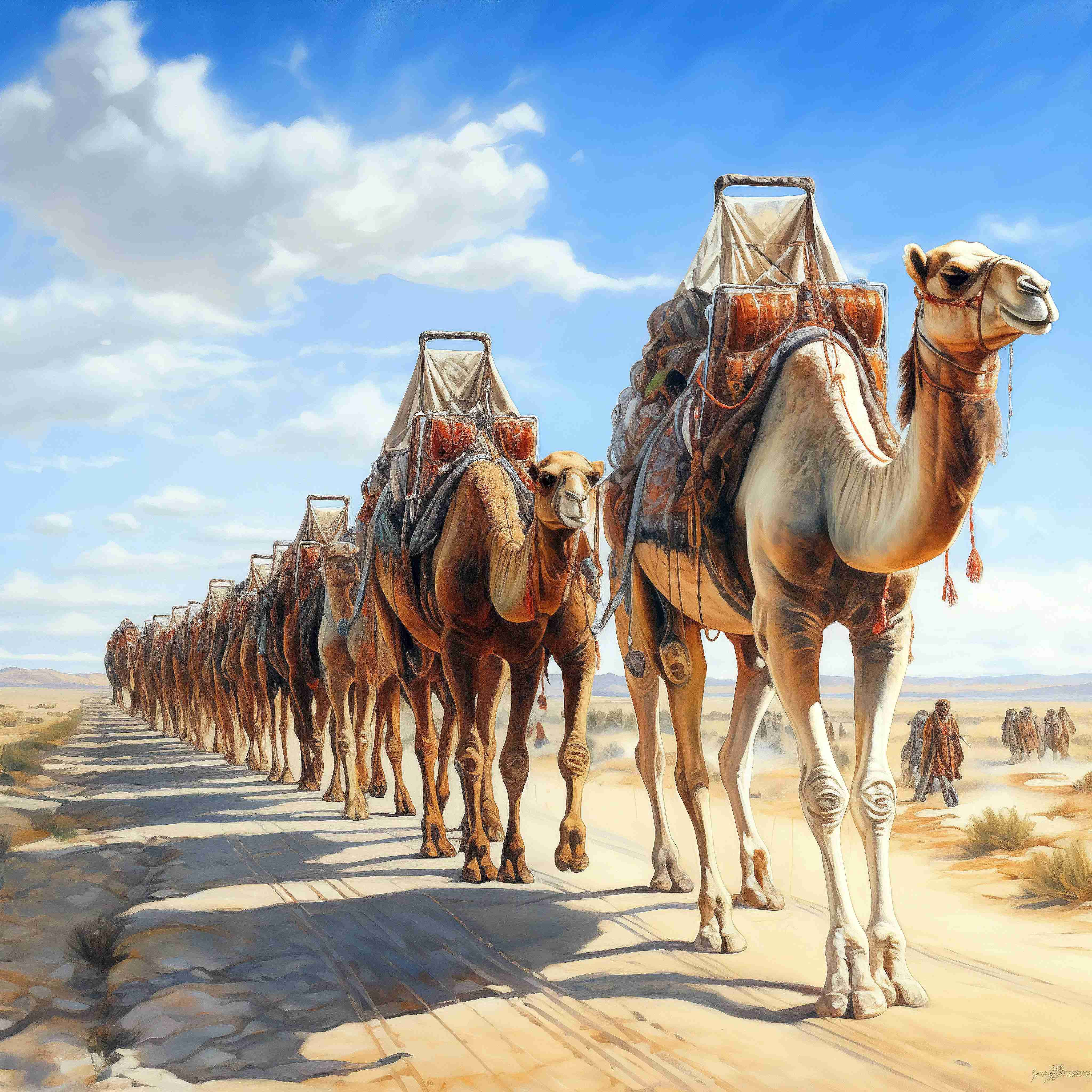
An AI generated interpretive art via Midjourney and Ghada Al-Muhanna
